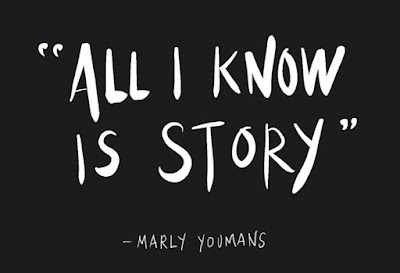 |
Charis in the World of Wonders
and poems: updatery!
Anak Krakatoa erupted on Good Friday, locusts afflict Africa, the pandemic rages everywhere, Etobicoke Creek ran as red as blood: maybe you had better get started on your quarantine reading of Charis in the World of Wonders...
"Q and A with Marly Youmans, Author of Charis In The World Of Wonders" - interview at Women Writer, Women's Books 11 April 2020
Excerpt (the first appearance of Hortus) from Charis in the World of Wonders at Women Writers, Women's Books 3 April 2020
"Mystic Journey," "Jane Eyre in the Red Room," "The Plum Oak Pot," and "The Hand" (audio and text) at Pete Candler's pandemic project, A New Decameron. The first and last poems are blank verse; the other two are part of a sequence of poems influenced by Hebrew parallelism and Yoruban praise traditions: art has always been a Silk Road. Thanks to Pete for a request.
"Plague-spell" and "Death of a Singer" at The Living Church (Episcopal/Anglican Communion) 19 April 2020 issue. Thanks to editor Fr. Mark Michael for his request.
Upcoming
* * *
"The Homunculus" from The Book of the Red King (video)
at The Ballsians on youtube.
Update: It is up! Go here.
Poetry videos and text from The Book of the Red King
at the Cathedral Arts blog from Albany, New York
"Night Blooming Cereus" at A New Decameron, read by Paul Digby
Excerpt (audio/text) of Charis in the World of Wonders at A New Decameron
Podcast at NAA
and more
 |
| A bold 19th century #GoodFriday depiction: "As Seen from the Cross," James Tissot, c. 1886-94, public domain via Wikipedia. |
 |
| from A New Decameron |
 |
| "Orcadian Painting (Good Friday)" by painter and my occasional penpal/collaborator, Graham Ward. Acrylics, 2019. |

